
Darwin's Dangerous Idea
Evolution and the Meanings of Life
First Edition: 1995 more...
Reprinted by permission of Simon & Schuster, Inc., N.Y.
ISBN: 9780684824710
Pages: 586
Recommendation
Daniel C. Dennett’s book is worthy of its subject matter. That is to say, beautiful in its essence, but complex in its details. Dennett is not trying just to explain Darwin’s core ideas about evolution or natural selection. Rather, he is trying to explain how evolution fits into humanity’s understanding of itself, life and the world. To do so, he has to explain his views on evolution’s context, its implications for human understanding, and the philosophical and scientific currents it rides. He grapples with the emotional uproar that the idea of evolution produced. He works hard to illustrate these concepts, via stories, autobiographical asides, examples, metaphors, drawings, quotes and even jokes. The book is challenging, because of the stimulating content, but absorbing. getAbstract recommends it warmly to readers interested in evolution, and in the intersection of science and culture. Despite its methodical approach, this thoughtful exploration is not for beginners. One other caveat: If you want science blended with faith, Dennett believes that given humanity’s quest for facts, “There is no future in a sacred myth.” He forthrightly tells those who are distressed by this point of view to “close the book now and tiptoe away.”
Summary
About the Author
Daniel C. Dennett is the director of the Center for Cognitive Studies at Tufts University, and author of Consciousness Explained.







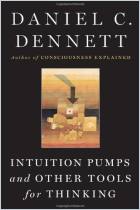
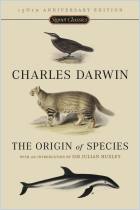
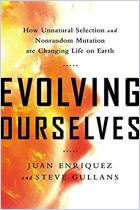

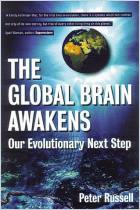
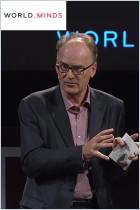
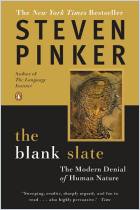


Comment on this summary or Start Discussion